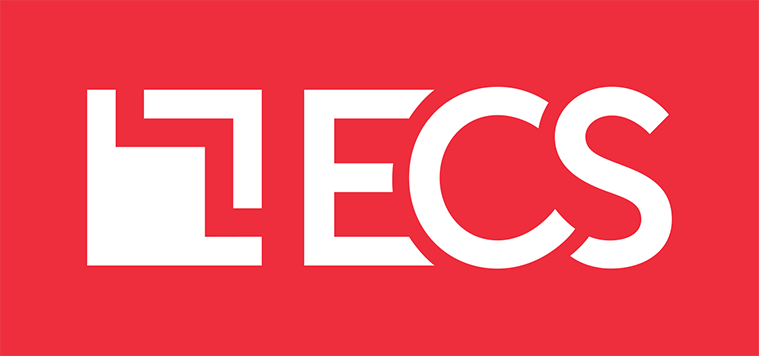with Jason Stowers,
and Patrick Elder
Unknown challenges await us in the post-pandemic world. Many organizations have witnessed a dramatic shift towards remote operations with no intention of returning fully to old workplace models. In this “new abnormal,” enterprises will have to rethink how they attract and retain top talent, as well as find new ways for employees to collaborate and stay productive. In order to make key strategic decisions, human resources (HR) departments will need to leverage unprecedented insights, analysis, and forecasting tools to optimize employee operations. Vacant positions—as well as gaps in recruiting, hiring, and training—will strain existing resources, resulting in skyrocketing costs and a decline in overall productivity.
In 2019, pre-pandemic, Gartner reported that only 21 percent of HR leaders believed that their organizations were effective at using talent data to inform business decisions. In the post-pandemic workplace that number will only get worse as remote operations lead to a decline in operational visibility. With people analytics, however, organizations can unlock the value of employee data and analysis. By leveraging data and artificial intelligence (AI) solutions, ECS can revolutionize how your organization attracts, retains, optimizes and orchestrates its teams in this increasingly digital workplace.
PEOPLE MANAGEMENT REVOLUTIONIZED
Through data and AI, ECS optimizes how you measure, retain, and empower your employees.



RECRUITMENT & HIRING
- Pre-employment screening
- Talent source evaluation
RETENTION & DEVELOPMENT
- Employee Engagement
- Workforce Planning
- Attrition Prediction
OPTIMIZATION
- Team Performance Analytics
- Task Optimization
- High Performance Profiling
Recruiting Top Talent
An organization is only as good as the sum of its parts—ingenious and talented employees are the backbone of effective enterprises. Successful organizations must attract and recruit high quality talent. According to the Department of Labor, the cost of a bad hire can reach up to 30 percent of the employee’s first-year earnings. Some reports place that number even higher.
To help organizations with this challenge, ECS has developed pre-employment predictive models to identify candidates who are more likely to perform better, stay longer, and form a strong cultural fit. Talent assessments alone are bound to fail as they only examine the candidates’ inputs. By applying predictive models, tuned with machine learning (ML) hyperparameters, organizations can produce reliable, accurate, and timely key performance indicators (KPIs). Leveraging these metrics, ECS’ solutions forecast how workforces evolve, assess organizational readiness, and measure the efficacy and value of HR initiatives. As organizations look to onboard new talent, ECS provides analysis of recruitment channels and identifies the best sources of talent, helping HR departments predict needs, recruit early, and ensure the necessary talent now and in the future.
Building a Better Workplace
Attracting and recruiting talent is one thing, but talent engagement and retention can be an even larger challenge. Per LinkedIn Insights, the average “lifespan” of a data scientist at an employer is 1.3 years. For a skillset in such critical and competitive demand, the timeframe is incredibly short—hardly long enough for an employee to make significant impact. Turnover is normal within organizations and should be expected, but if the churn is too high, organizations lose institutional knowledge, key leadership positions become vacant, and costs rise dramatically as teams remain in a perpetual state of reinvention.
To help create a balanced and engaged workplace, ECS leverages employee engagement analytics, workforce planning, and attrition prediction. Our solutions identify key drivers for employee engagement and helps classify employees into meaningful groups (sentiment, demographics, etc.) to best keep employees invested. Research shows a direct link between employee engagement and corporate performance, and engaged employees result in higher retention rates.
As organizations grow, ECS develops predictive models that calculate future headcount across organizations and even by team, ensuring that HR has the metrics required to identify gaps, generate action plans, and scale hiring to meet operational goals. Our data and AI experts develop these predictive models to identify potential attrition candidates, giving managers and HR the opportunity to take action to prevent separation and mitigate the costs associated with future vacancies.
Optimizing the Workforce
How do you get the best from your people? Do your investments in employee experience deliver measurable results? Are your employees working on mission-critical operations or are they bogged down by repetitive tasks? Without the metrics provided by data and AI, many of these questions cannot be answered.
With team performance analytics, task optimization, and high-performance profiling, your organization can boost employee productivity while creating effective incentives and pathways for talent advancement. ECS helps organizations like yours identify optimal reward layouts, work practices, and team structures that positively impact to organizational performance. ECS also automates repetitive tasks, freeing up manpower for more engaging and critical assignments, and with predicative modeling and advanced metrics, ECS helps leaders better measure, identify, and manage top talent across their enterprise.
In planning for the future, organizations must look within, analyzing and measuring their HR and employee operations to best adapt to future challenges. ECS’ people analytics experts help enterprises across the commercial and federal sectors assess the state of their HR capabilities and build data and AI solutions that give unprecedented insight into employees, teams, and future talent.
Interested in our AI and people analytics solutions? Reach out and talk to an expert today.






